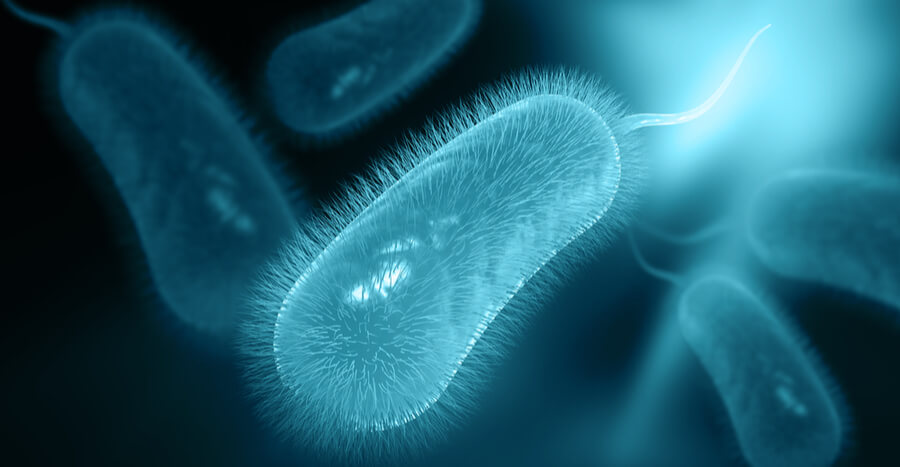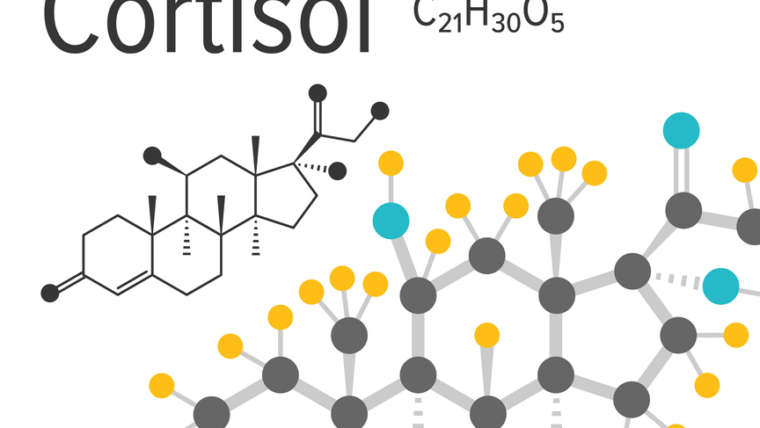Helicobacter pylori (H. Pylori)
Helicobacter pylori ( H. pylori) is a Detrimental Bacteria that resides in the Gastric Mucosa and the Mouth (usually in Dental Plaque). It is the most common type of Bacteria that infects humans although it causes its toxic effects in only some persons. Helicobacter pylori is recognized as the most prevalent Bacteria to infect humans in the world.H. pylori infection is uncommon in young children. Breath test have a 95% sensitivity and 90% specificity. Other test (Stool, Blood, or Endoscopy / Biopsy).
Toxic Effects of Helicobacter pylori
– May increase the risk of Ischemic Heart Disease
– May increase the risk of abnormal Blood Clotting
– May increase the risk of Stroke
– May increase the risk of Atherosclerosis
– May cause Hypochlorhydria
– May cause Heartburn
– May cause Gastritis
– May damages the Gastric Mucosa
– Helicobacter pylori is a major cause of Gastric Ulcers
– May be the underlying cause of the abdominal Pain associated with many cases of Indigestion
– Major cause of Peptic Ulcers(except Jejunal Ulcers)
– May increase the risk of Larynx Cancer, Stomach Cancer
– may cause Periodontal Disease.
– Helicobacter pylori is suspected of causing Rosacea (eradication of Helicobacter pylori often results in a significant reduction in Rosacea symptoms)
Substances may Suppress or Eradicate Helicobacter pylori
– Betaine Hydrochloride may suppress or kill Helicobacter pylori
– Amino acids may inhibit the growth of Helicobacter pylori (N-Acetyl-Cystine, Glutamine)
– Bile acids may help to suppress Helicobacter pylori
– Hormone (Melatonin) may facilitate the eradication of Helicobacter pylori
– Microorganism’s may inhibit Helicobacter pylori (Bifidobacteria bifidus, bulgaricus, Lactis) and (Lactobacillus acidophilus, rhamnosus, reuteri)
– Polyphenols may inhibit Helicobacter pylori (Catechins, Quercetin, Curcumin)
– Vitamins ( B12, C)
– Grapefruits Seeds, Celery Seeds, Cumin Seeds may kill Helicobacter pylori
– Garlic may suppress Helicobacter pylori
– Drugs (Idebenone) by inhibit the growth of Helicobacter pylori
- Insulin Resistance - March 10, 2021
- prostate – Enlarged (BPH) - November 25, 2020
- Probiotics - October 31, 2020


